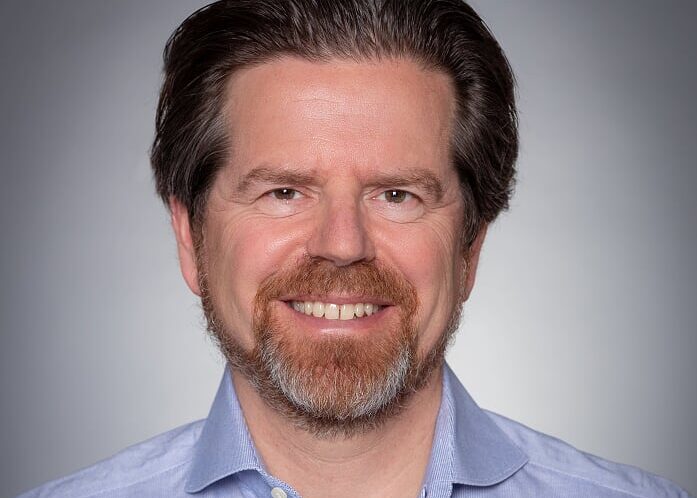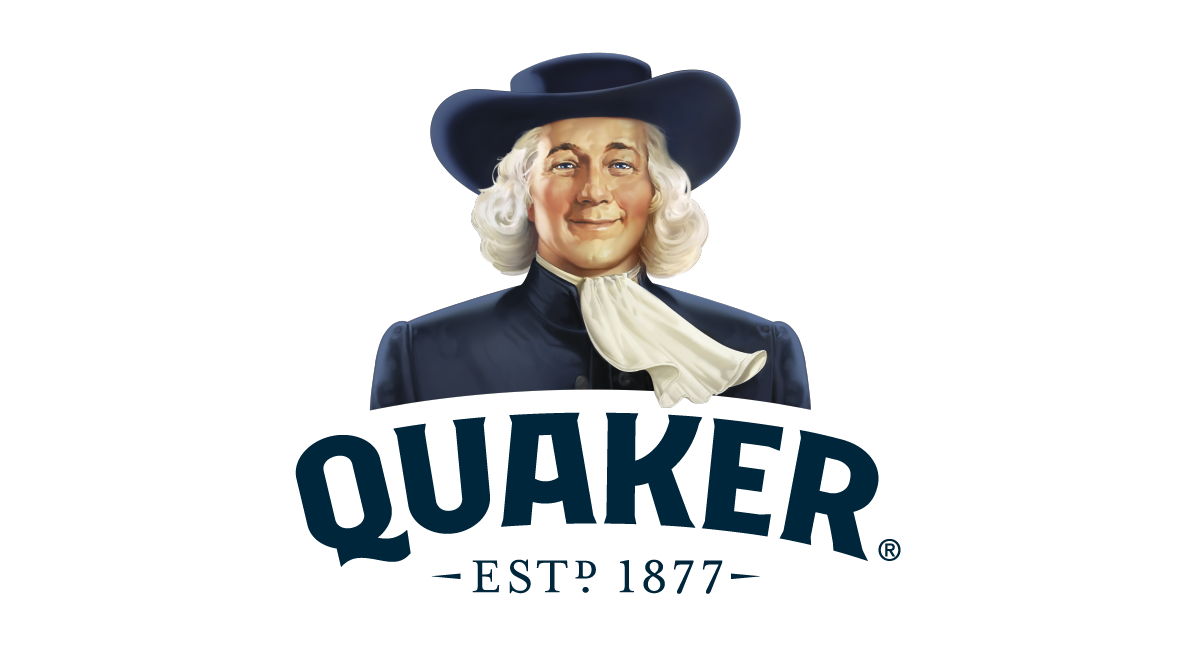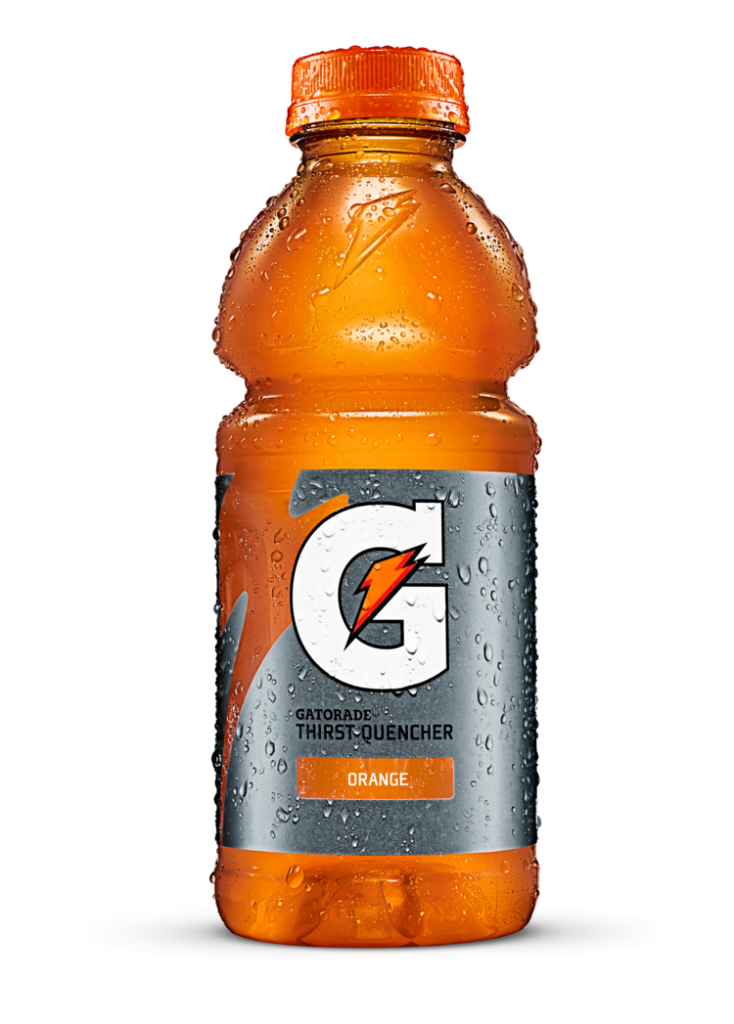Thinking
Q&A with Stephan Gans, Chief Consumer Insights and Analytics Officer at PepsiCo
Q&A with Stephan Gans, Chief Consumer Insights and Analytics Officer at PepsiCo
We are in the everyday convenient food and beverage [F&B] business, offering a portfolio of over 24 brands that generate revenues exceeding $1 billion per year. Our products are consumed by 1 billion people daily. We focus on everybody; there’s nobody we can’t afford to target. We run our marketing based on the premise that there is limited loyalty in our industry, so we continuously sell ourselves, our products, and our brands to consumers who have a diverse portfolio of brands to meet their needs.
What sets us apart is the breadth of our portfolio, enabling us to cater to everyone. In the food and beverage space, we understand the importance of reaching a wide audience, unlike products with more specific target markets like sunscreen. That’s the main reason our audiences choose us: our extensive brand offerings and our commitment to meeting diverse consumer preferences. We strive to engage our audience continuously and deliver products that align with their needs and desires in the everyday convenient F&B industry.

Most of our products and brands are consumed to provide fun, pleasure, and indulgence to our consumers. Our business is about creating smiles. It’s a product that you eat/drink because you want to enjoy yourself. You’re not buying a brand of chips because you need a vitamin boost; you’re doing it because you want to have an enjoyable moment. However, within that context, we are witnessing an increasing consumer focus on health and sustainability across various categories worldwide.
We are actively working to meet these evolving demands for health and sustainability. When addressing health concerns, there’s a danger when you go too far in the changes you make, compromising the core reason why people buy your products. It’s always a balance when it comes to meeting health needs, ensuring that we do not overstep and compromise the essence of our products.
Sustainability is another area where we must listen carefully to consumer preferences, but we also acknowledge that certain actions must be taken regardless of consumer readiness or desire. We can’t wait for consumers to tell us “I’m happy to sacrifice convenience or pay more for a more sustainable type of packaging,” because consumers are probably not going to do that. Improving health and sustainability goes beyond the consumer-facing aspects of our business. We are committeed to enhancing our practices in our supply chain, production processes, and agricultural footprint, considering the large-scale sourcing of crops like potatoes and oats.
In understanding human insight, three key factors matter the most: health, sustainability, and the need for products that bring a smile to people’s faces, providing genuine enjoyment.

Absolutely. If you go to the PepsiCo website and browse through our PepsiCo Positive page, you will see many actions we are taking.
This is a highly relevant subject today because many environmental issues are challenging for a single company to solve independently, even a company as large as PepsiCo. We recognize the need for industry-wide solutions to issues such as packaging waste, a lack of recycling, and having access to different materials for packaging.
We need an industry commitment to allocating significant resources and investments to activate alliances, drive innovation, and engage in conversations with governments. We can play a catalytic role in these areas and have a phenomenal impact. Our agricultural footprint is substantial, and we are actively involved in optimizing production techniques, particularly in water conservation. It is essential for PepsiCo to take these actions not only for our own growth, but also for the entire system, working alongside our partners and governments to ensure sustainable development.
It’s the innovator’s dilemma… It’s arguably one of the biggest challenges we face.
The answer to a question like that is always “Yes! All the above,” because we’re so big. For example, Gatorade is by far the world’s largest sports drink and has traditionally focused on replenishing athletes and active individuals. However, globally, the number of functional beverages that bring functional benefits quickly is growing very, very fast. That is a broad definition. It can be, for instance, replenishment of electrolytes. Thus, the growth potential, even for an established brand like Gatorade, to broaden the relevance of its proposition to a broader set of consumer needs is enormous.
Quaker Oats is the leading breakfast brand in the US and offers core ingredients with immense health benefits. We can tap into the plant-based diet movement and explore oat-based alternatives like oat milk to cater to diverse dietary preferences.
Lays/Walkers, our iconic potato chip brand, presents incredibly big opportunities in many markets worldwide (i.e. India, Southern Europe/Spain, America) where we can broaden the footprint of the brand from just a set of potato chips to leveraging local food cultures, working with local tastes and trends, and tailoring proposition of the brand to local tradition and preferences.
One of the things PepsiCo is really good at is the last steps of tailoring a proposition to specific markets. For example, we create unique Lays chip flavors that are exclusively available in certain countries (i.e. a pesto flavor in Italy). Our goal is to ensure our brands play larger roles in local food cultures. For example, in Mexico we don’t have to change our Tostitos product, but we’re building a huge business with an “away from home” proposition where you have a bag, sauce, vegetables, and protein; a really nice and wholesome mini meal.
Before we even think about M&A, we recognize immense growth opportunities by essentially viewing our brands as arenas rather than narrowly defined products or markets. There are immense opportunities inside.
Patience is such a relevant point. It’s the innovator’s dilemma, one of the things that happens when you get big. For a new product to justify its place in a gigantic machine, it has to reach huge levels of penetration and frequency of purchase with consumers. It’s arguably one of the biggest challenges we face.
That’s why I push to grow the core of our business instead of innovating through launching more brands/SKUs. There are other ways for PepsiCo to adjust the way we grow. Sometimes, we buy someone who launches a product (i.e. SodaStream). This way, we are already combining the idea with infrastructure, scale, and capabilities.

Like all big consumer-focused companies, we’re investing very heavily in personalization at scale, both in marketing, which is relatively easy to do, but also in terms of product. For example, why not buy a multi-pack with a pre-set combination of products? That’s difficult to do for a company that makes money off production standardization.
Personalization at scale is a huge focus for investment and capability-building at PepsiCo. Underlying this personalization at scale is the fact that segmenting by using demographics has very limited effect and impact. So, we’re constantly looking for the best way to do needs-state-based segmentation. I’m not interested in your age, gender, or anything; I’m interested in whether you’re thirsty at 10:30 AM or not, and why. I’m interested in how you’re managing your energy between lunch and dinner, and most people need a snack. Where are you, who are you with, what time of day is it? The time of day, who you’re with, and where you are determine the opportunity of the brand.
I look at Nike as one of the best. 60% of their sales are online, through Nike-owned channels; imagine the margin! They do a really great job of driving personalization at scale. I don’t see a lot of companies in F&B that I feel are ahead of us on this, but I do see a lot of companies doing great stuff.
That said, there are several distinct advantages that PepsiCo possesses over small players and innovators in the market. One is our power to use social media influencers, l thanks to our expertise in leveraging social media, e-commerce, and digital platforms.
In addition, the speed at which we can build businesses is unmatched. This trend is evident in the F&B industry, particularly in the beverages sector with energy and sports drink propositions.
Furthermore, as a large organization, we approach branding differently from startups. While they may be personally-driven brands, we exercise caution and take a long-term strategic approach. We’re less quick on our feet, but we’re immense. We own our own factories—innovators don’t own their own production. We’re primarily focused on building something steadily that’s still going to be there the next five to 50 years.
The key thing that keeps me up at night is our environmental footprint and the ability to make the progress that we want to make—and that we promised to the world. I think how to deliver on them, and fast. I have no concerns on our ability to drive the change, but we’re part of an ecosystem that’s super large and complicated. We need so many people and parties on board, and it requires so much change not only from the industry and suppliers, but also from consumer behavior.